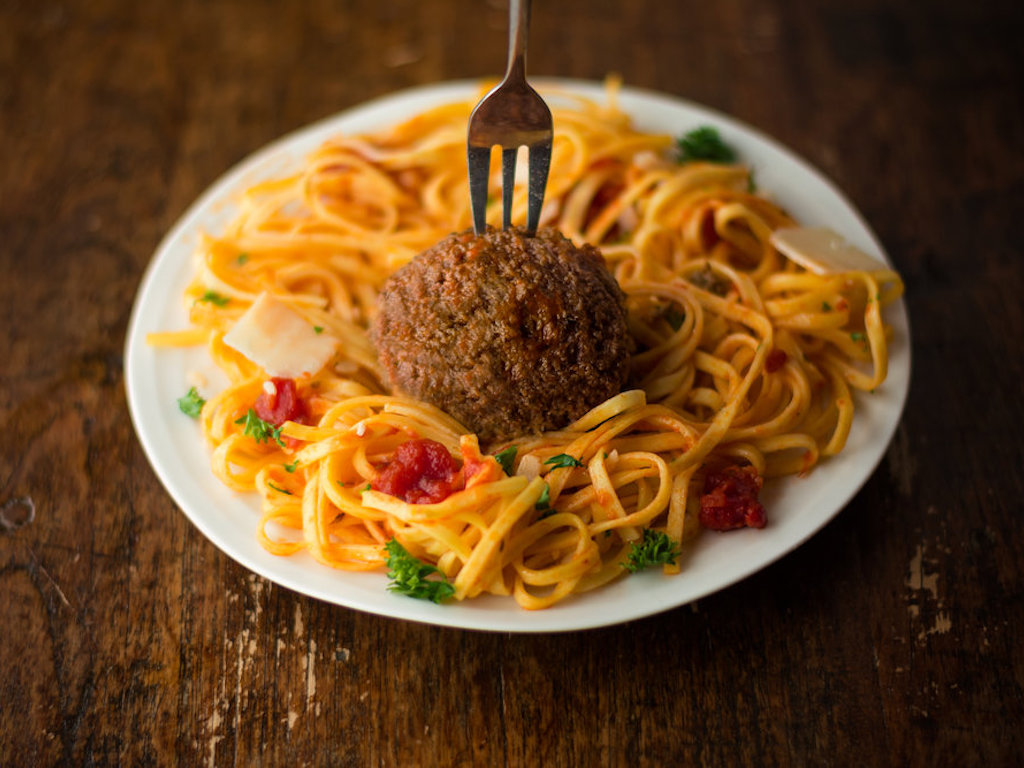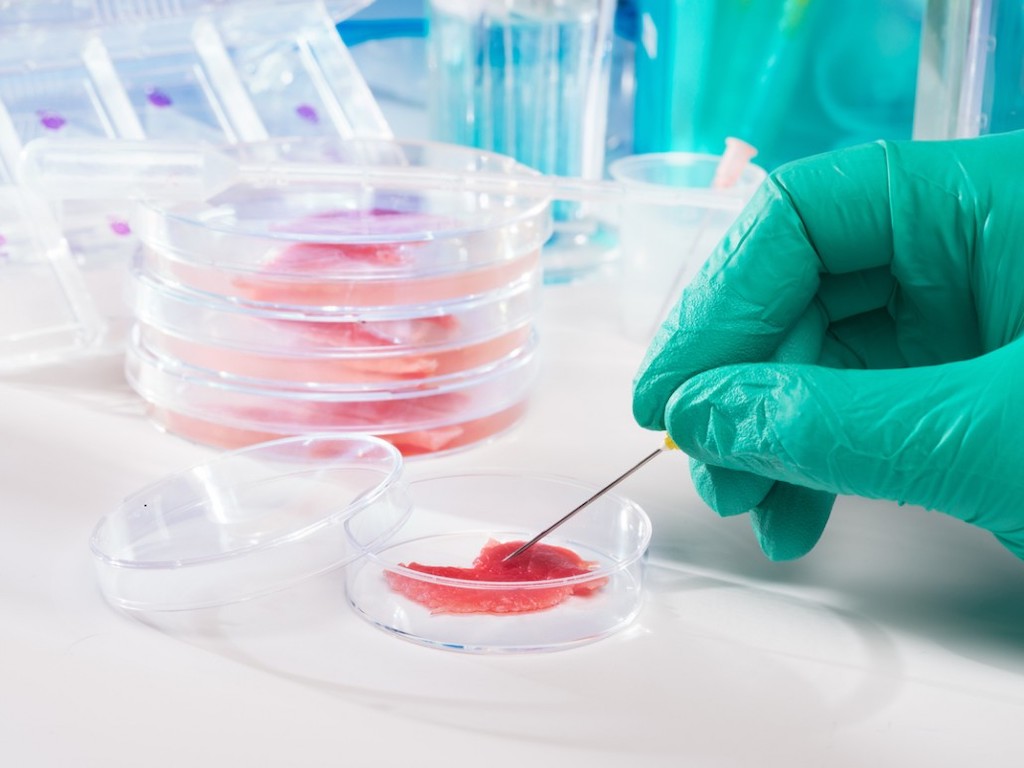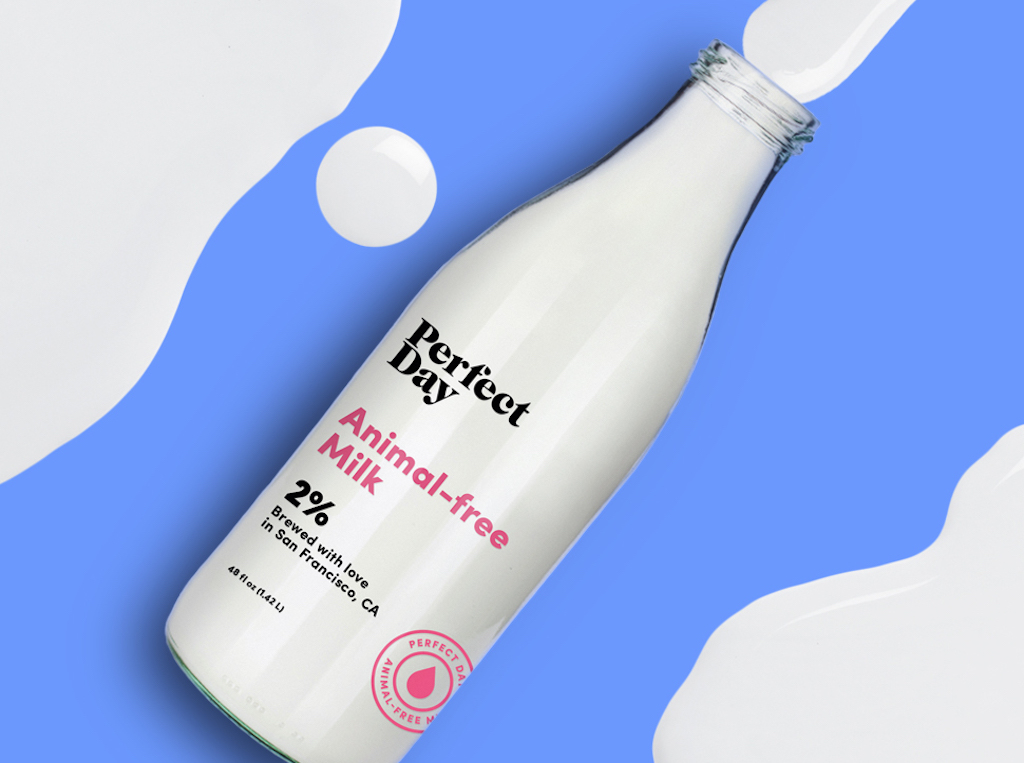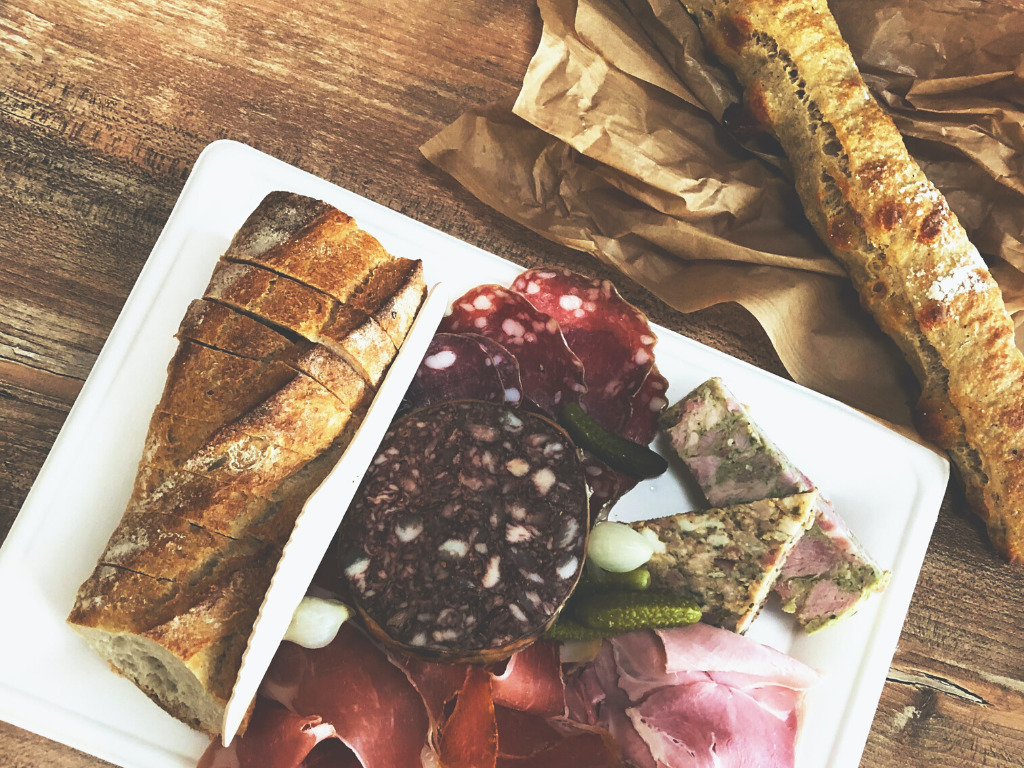5-Year Cellular Agriculture Project to Develop Norway’s ‘Food of the Future’
3 Mins Read
Norway’s Research Council says it will fund the development of cellular agriculture and precision fermentation to bring sustainable meat, egg, and milk products to market.
A new five-year research project, dubbed Arrival of Cellular Agriculture-Enabling Biotechnology for Future Food Production (ARRIVAL), set to launch next year will help Norway develop the “food of the future.”
Funded by the Research Council of Norway, the project has an annual €2 million budget. The Norwegian Institute of Food, Fisheries, and Aquaculture Research (Nofima) will spearhead the project with support from the contract research organization SINTEF Industry, Oslo Metropolitan University, the Norwegian Institute for Rural Research, the Norwegian Board of Technology, agriculture cooperative Nortura AS, and the Norwegian dairy enterprise, TINE AS.
Cultivated meat
Even while it’s lower than in other Northern European countries, meat production in Norway increased by nearly four percent between 2020 and 2021. The majority of consumers in Norway say they’re not overly concerned about environmental or animal welfare factors.
But ARRIVAL’s team says this presents an opportunity to further explore alternatives.

“We can increase self-sufficiency in food in Norway, and we do not have to kill animals to produce the necessary protein in the form of meat. In Norway, we have both the expertise and the money needed to develop new technical solutions for food production, says Sissel Rønning, the ARRIVAL lead.
“We will continue our research on how to scale up cell-based meat production and find out more about which materials are suitable to use as a framework for the muscle cells,” says Rønning.
“Muscle cells are picky, and it is usual to use a growth medium made from parts of calf blood in current production.”
While cultivated meat is currently only approved for sale in Singapore, Norway sees a viable future for cell-based meat. Nofima began exploring the category in 2018 with the goal of developing new technology for cultivating muscle meat with residual biomass as the growth medium. That project was the first openly accessible research in this category.
Now, Nofima says its technology has increased “significantly.”
“We will continue our research on how to scale up cell-based meat production and find out more about which materials are suitable to use as a framework for the muscle cells,” says Rønning.

“Muscle cells are picky, and it is usual to use a growth medium made from parts of calf blood in current production.
“This production is not very sustainable, and many people are therefore critical of this type of protein cultivation. To successfully scale these types of technologies, new, sustainable growth media must therefore be developed.”
Precision fermentation
The announcement comes as dairy and egg production has also increased in the Nordic country in recent years. According to recent data, the number of dairy cows has increased every year over the last decade. Egg-laying hen operations are also on the increase.
But according to the University of Helsinki and VTT Technical Research Centre of Finland, using alternative proteins such as precision fermentation could reduce land use by nearly 90 percent compared with conventional egg production. It can also decrease greenhouse gas emissions by up to 55 percent.

Dairy alternatives also show the potential to significantly reduce the industry’s impact. The category leader, U.S.-based Perfect Day, cites a 97 percent reduction in emissions compared to conventional dairy.
“Cell-based agriculture is a revolution in food production that can change agricultural production and ownership, land use, policy design, eating habits, and ethical issues,” says Rønning. “In the ARRIVAL project, we will take the research on cell-based agriculture several steps further.”
Photo by Sigmund on Unsplash




